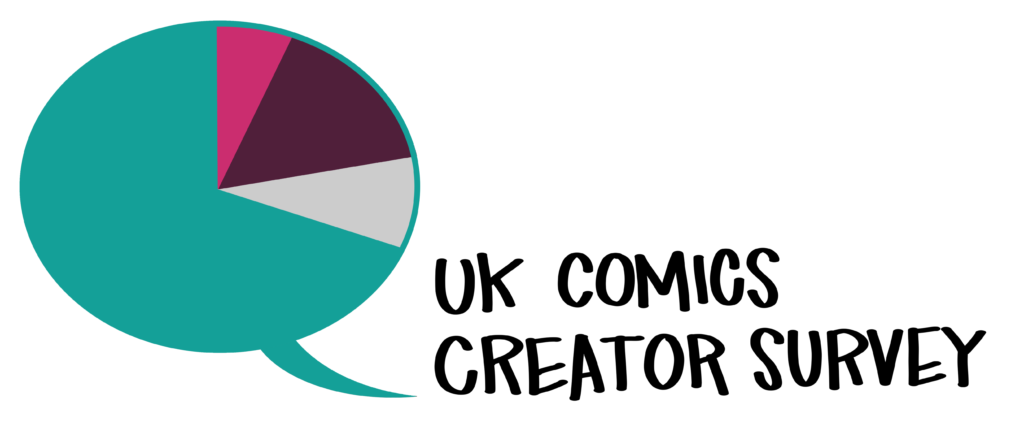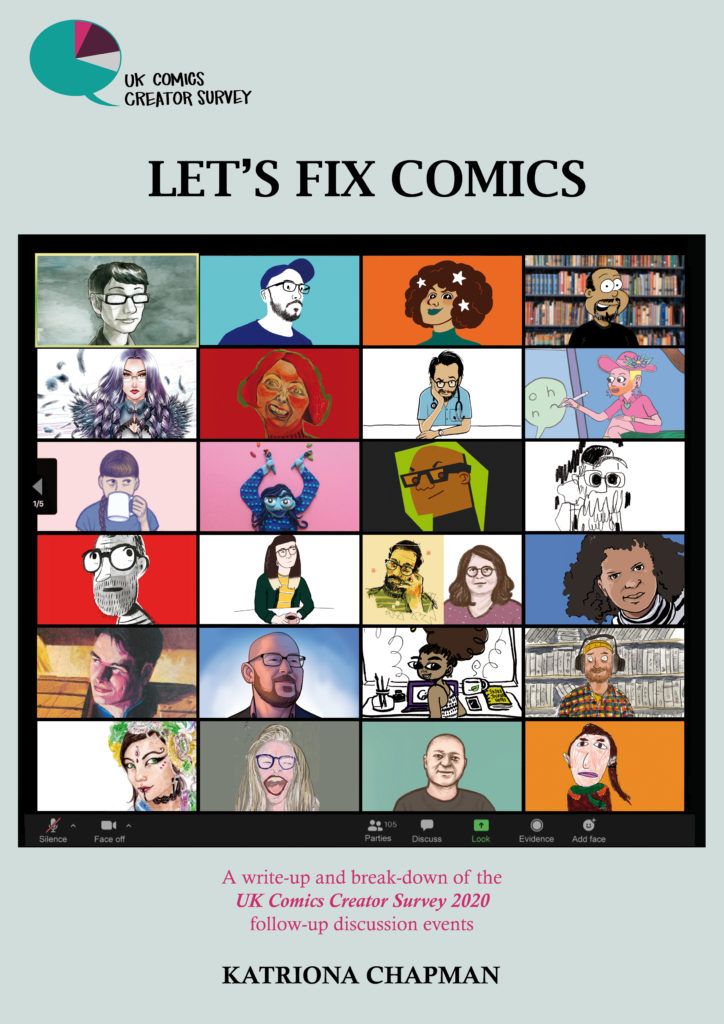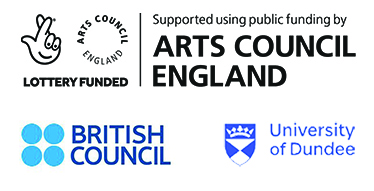
The results are in! And…damn.
623 comics creators completed the survey between 18th April and 19th May 2020. The anonymised data they produced was carefully collected and analysed by the Audience Agency, who then drew up this report – the most accurate snapshot of the UK comics scene to date – which manages to be soul-destroying and heart-warming in equal measure.
So make yourself a fresh brew, settle back and let yourself be amused, horrified, delighted and appalled by the results.
I feel like it’s family. A sometimes wildly dysfunctional family but one I don’t want to leave.
anonymous respondent
Follow-Up Discussion Events

In September and October 2020 I ran five online events (details of which can be found here) in order to discuss the findings of this survey with the rest of the UK comics community and try to find ways to improve the situation. The events were free and open to everyone and were all attended by between 90 and 120 participants. Each session kicked off with a panel discussion before being opened up to the audience, and they were each themed around one of the four key concerns raised in the report, namely: lack of money, lack of industry access, lack of audience, and lack of professionalism, with the first event being a Q&A about the survey itself.
It was a lot of fun (and great to see so many familiar faces around the pandemic), but it also felt very productive: an assembling of the experiences, insights and ideas of a large section of the community. A lot of interesting points were made and issues debated, with many potential solutions considered and resources highlighted.
All of which can be found in this comprehensive write-up, expertly put together by the ever-wonderful Katriona Chapman (who stepped in and offered a fresh brain at just the right time!):
To be kept updated on further news and events relating to the survey and its findings, join the mailing list
Here’s 8 things we can use this data for:
- To know more about the comics scene, pinpoint our strengths and shortcomings and identify ways to protect our fledgling industry and its creators;
- To provide data for festivals, conventions and other comics-related endeavours for use in their own funding bids (get in touch if you have specific data needs or queries that go beyond this report);
- To provide data for individual comickers who wish to make their own funding applications (to prove they are part of an under-represented group, for example);
- To tackle issues of diversity within comics, particularly in those areas deemed to be the main sources of income;
- To identify creators and subject areas which can be of interest to international projects;
- To make the case for the formation of a backbone organisation which can advocate for better terms/funding for comics creators and help build new audiences for comics;
- To refine the questions to be asked by future researchers and to identify areas which would present themselves for further study;
- To prove to the arts world and to the general public that we do, indeed, exist.
A shrinking professional market and an overwhelmed indie market, both choked at the distribution point. It tends to use up creators and mistreat them. I wish there was a union.
anonymous respondent
Background
Ever since I wrote this extremely huffy article about how I was never making another graphic novel because I couldn’t make it work financially, the situation has been bugging me. I knew, anecdotally, that very few people get paid in comics, but how bad is it really? How many people are actually making a living out of this? How many others are struggling? What if it’s just me? Is it just me? I’ll be furious if it’s just me.
So I decided to find out. After almost a year of inquiring, pleading and cajoling via literally hundreds of emails, phone calls and Zooms, and entire weeks lost to extremely long-winded funding applications, the survey was ready.
The questions in it covered who we are and what we’re doing; how much we’re earning and from which sources; how much we’re having to subsidise that from other means; what obstacles we’re facing and what support we might need; plus (new for 2020!) how the current pandemic has affected our livelihoods and working practices.
It turns out, (SPOILER) it’s not just me. Somehow, though, this has only made me more furious.
This project has been funded by Arts Council England, the British Council and the University of Dundee, and I’ve been advised by the brilliant minds of Sara Kenney, Charlotte Bailey, Richard Foster, Molly Rosenberg of the RSL and Ren Renwick of the AOI.
